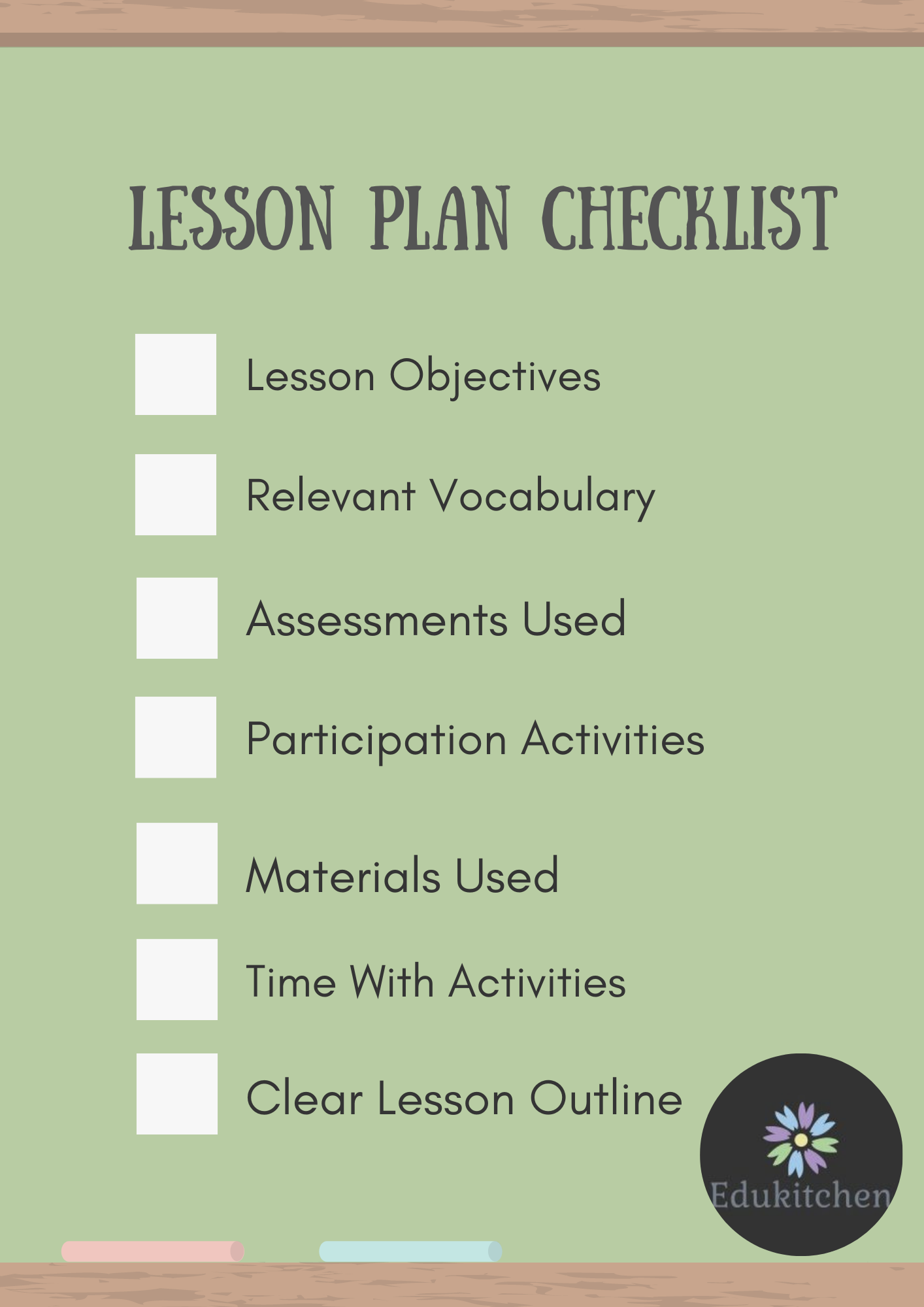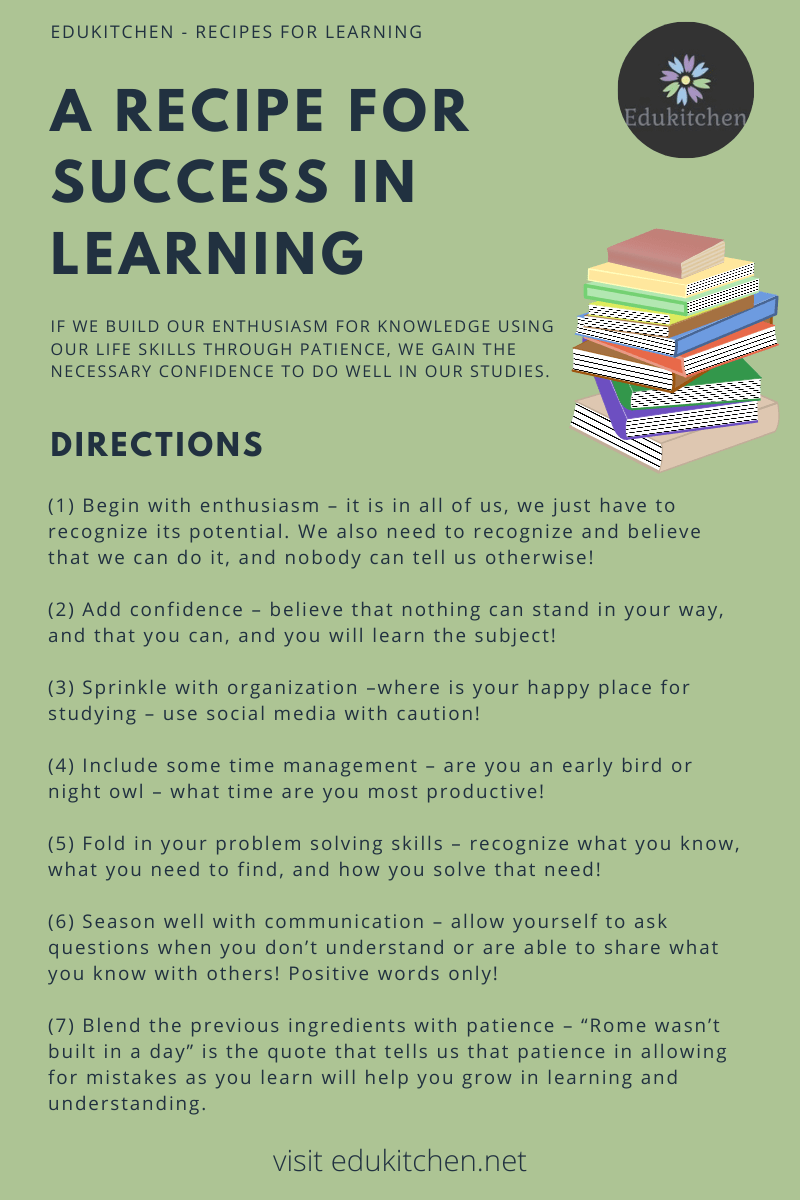In this article, we present three time management tips for homeschooling teachers to avoid time wasting habits by planning their time management effectively in the homeschool classroom. These time management tips for homeschooling teachers will ensure that educators maximize their teaching time.

When planning a homeschool curriculum we have other blog posts to support homeschooling teacheers such as:
- 5 Classroom Management Strategies for Homeschooling
- How to Use Formative Assessments in the Homeschool Classroom
- 7 Tips for Homeschool Lesson Planning
- 5 Important Tips for Homeschooling Teachers
- Six Summer Time Activities At Home Kids Will Love
Now as promised, here are 3 time management tips for homeschooling teachers that will help save time and energy.
3 Time Management Tips for Homeschooling Teachers
These time management tips for homeschooling teachers will also encourage student participation and interaction.
Visit our resource libraries on Canva or Teachers Pay Teachers to see how our resources can help save homeschooling teachers, like you, time and energy when setting up a homeschool curriculum.
The three tips involve:

Here are essential time management tips for homeschooling teachers to create a more effective learning atmosphere.
These time management tips for homeschooling teachers not only save time but also enhance the overall learning experience for students.
By adhering to these time management tips for homeschooling teachers, you can streamline daily activities and maintain a more structured educational environment.
Implementing these time management tips for homeschooling teachers can significantly enhance productivity and learning outcomes in the homeschool environment.
By utilizing these time management tips for homeschooling teachers, educators can foster a more productive learning environment.
At the end of this article you can sign up to view our digital resources to use in the classroom for building confidence in teaching and learning in the classroom, as part of our time management tips for homeschooling teachers.
Time management for teachers means giving the students enough time to get things done effectively, a crucial aspect of the time management tips for homeschooling teachers.
See how teachers can help students improve their time management skills inside and outside the classroom by clicking here.
Time management for teachers means giving the students enough time to get things done.
For students, time management means having the skills and time to get things done.
These time management tips for homeschooling teachers emphasize the importance of planning in achieving educational goals.
When students are enjoying the lesson with the teacher, time seems to fly right by.

These time management tips for homeschooling teachers are essential for organizing your teaching schedule.
Ensuring that you incorporate time management tips for homeschooling teachers will guide students in developing their own time management skills.
By applying these time management tips for homeschooling teachers, you’ll find that both teaching and learning become more efficient.
The true sign that a teacher has delivered a well timed out lesson is that students are left wondering where the time went!
The Benefits of Time Management
These time management tips for homeschooling teachers can ultimately contribute to better academic success for students.
We can see why time is important in the kitchen – you get anything you like to eat or drink done perfectly every time!
Watch the video below to see how students can benefit by improve their time management skills.
Using these time management tips for homeschooling teachers will help you better allocate resources and instructional time.
As you can see from the video, when children improve their time management skills, they can share more with others and do more inside the class.
Avoiding Time-Wasting Habits From Kitchen to Classroom
Have you ever thought about time spent in the kitchen? Teach your children the value of time in the kitchen so that they appreciate the time the spend in the homeschool classroom. Our short video below shows the value of time well spent in the kitchen and how that benefits time in the classroom.
Now when it comes to teaching, we have to consider our role shifting from parent to homeschooling teachers and what we should do to avoid wasting time in our classrooms.
These recommended ways don’t have to be in any particular order.
I. Not Making Useful Lesson Plans
These time management tips for homeschooling teachers help maintain discipline and focus during lessons.
Teachers, and myself included, hate making lesson plans.
However, it goes without saying that teachers need to always have a plan as to what they will teach. It helps to create routine and save time for everyone. This is similar to having a routine for your children before they go to school and after school finishes.
Incorporate these time management tips for homeschooling teachers into your daily plan for maximum effectiveness.
Making lesson plans helps give you a sense of direction with what you will teach while helping to give a sense of how much time it takes.
Implementing these time management tips for homeschooling teachers ensures that lessons are both informative and engaging.

And what keeps your homeschooling kids interested is not so much what you will teach, but how you will teach the material.
Tip #1: Always Keep in Mind “How You Will Teach”
To start you lesson, students need to feel that there will be a clear beginning, middle, and end to the lesson.
They just won’t see the end coming in an interesting lesson!
How you will teach the lesson makes the students more interested in participating.

The best way to approach this is to break up the lesson into different timed activities.
Students shouldn’t be kept sitting in one way for the entire duration of the class time. They need to move around as often as possible.
For more on creating effective lesson plans – click here.
II. Not Establishing Classroom Management
Some teachers believe that giving time to establishing classroom management rules and routines is a waste of time.
But the truth is, before any beneficial teaching and learning can take place, there has to be established rules and routines in the classroom.
Classroom management strategies work best with older students when they are involved with the decision making process as to how the classroom will be run.

Including students when establishing classroom rules, extension activities, and discipline strategies gives students a sense of autonomy – which gives them a sense of freedom.
Tip #2: Allow Students to Recognize Their Freedom
Avoid issues with classroom management by having students understand that there are two important “times” in the class.
Yes! The “times” are “teacher time” and “independent time”!
The different labels tell students that there are certain times when they can and can’t ask to leave the classroom.

When students know that they have “independent” time in the classroom, they will feel like they have more freedom.
For more on establishing effective classroom management techniques – click here.
III. Using Unrealistic Discipline Strategies
When teachers make threats with discipline strategies that don’t seem fair, such as no one is allowed to leave the class for break time, students learn not to respond to the teacher in any positive way.
When students help to establish rewards and consequences for controlling negative behavior, they will show more respect to teachers and students in the classroom.
But how should teachers deal with students who show disruptive behavior?
Tip #3: Allow Students to Time to Reflect
They should ask the students to reflect on their own behavior and how it impacts on others.
How should students reflect?

Incorporating these time management tips for homeschooling teachers into your approach can lead to improved academic outcomes.
Both teachers and students need to be aware that their behavior may have impacts on their learning.
We would hope all behavior in class makes for positive impacts, but we must also know how to deal with negative impacts to studnets as well.
For more on establishing effective discipline strategies – click here.
Click here to find more information for teaching online.
These time management tips for homeschooling teachers will give you the tools to enhance classroom efficiency.
Related Topics
Connect to our other pages as you navigate through our website. Explore what these pages have to offer you and you will be glad you did!
- 5 Benefits Educational Videos Bring to Homeschooling
- 5 Classroom Management Strategies for Homeschooling
- 4 Ways to Improve Language Development in Children
- How to Use Formative Assessments in the Homeschool Classroom
- 7 Tips for Homeschool Lesson Planning
Join Our Newsletter Community Today!
These essential time management tips for homeschooling teachers will transform your teaching strategies.

Final Thoughts…
I hope you enjoyed reading this article and found it useful for building good time management skills that will help with your educational goals in teaching for years to come!
Share Your Thoughts…
Leave us a comment below to let us know your thoughts on our ideas on the importance of building your time management skills in education.



